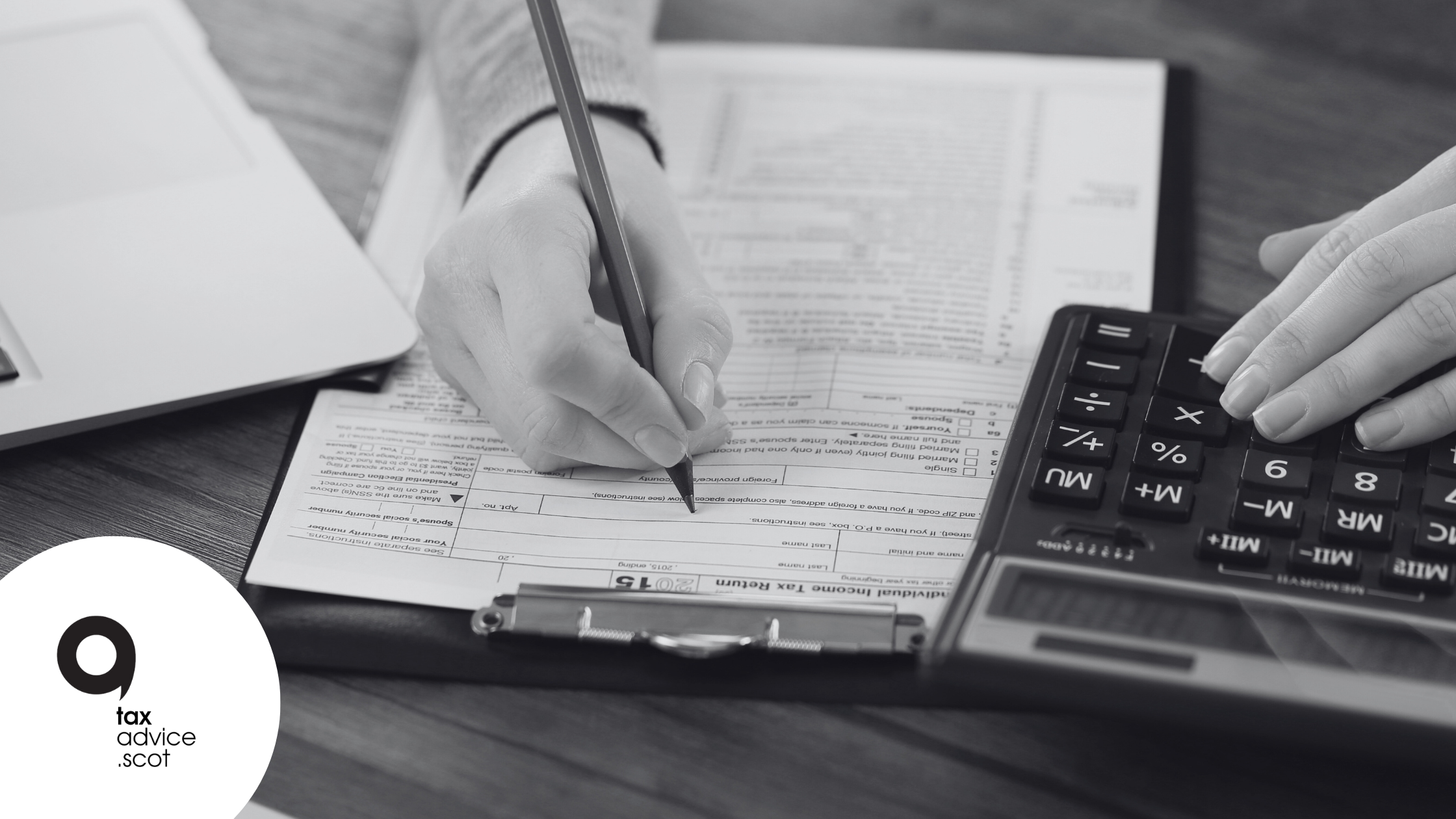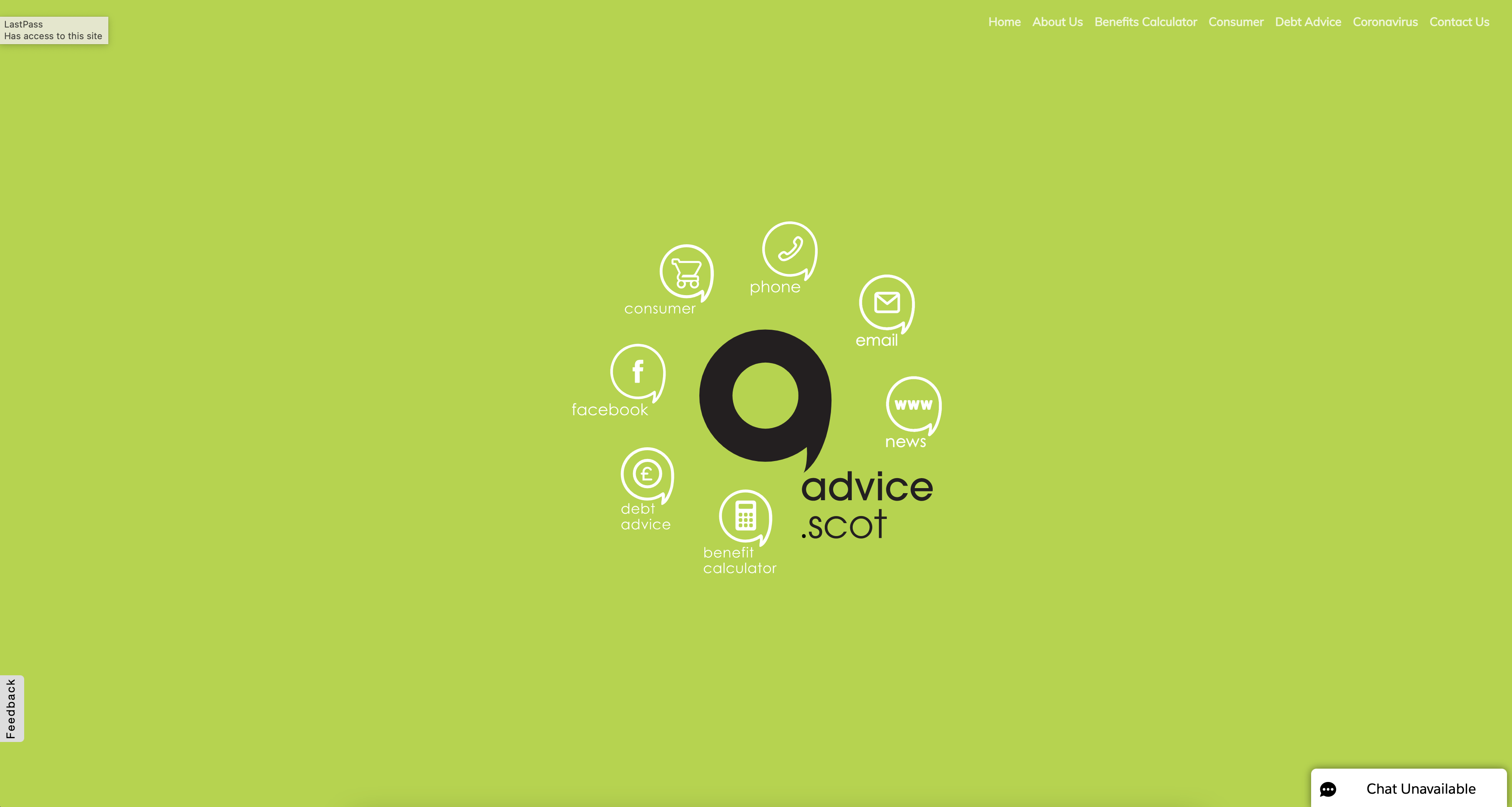
Glasgow, Scotland – October 21, 2024:
As the deadline for submitting your paper self-assessment tax return approaches, it’s important to know exactly what steps you need to take to ensure your return is processed smoothly. If you prefer using a paper form over submitting online, this guide will walk you through the process of completing and submitting your return correctly by the October 31 deadline.
1. Requesting a Paper Copy of Your Tax Return
If you need a paper version of the main self-assessment tax return form (SA100), you can obtain it by contacting HMRC directly and requesting the form. Alternatively, all the required forms, including supplementary pages, are available for download on the HMRC website.
2. Key Deadlines
The paper return deadline is midnight on October 31. If you miss this, you’ll face a late filing penalty. However, if you’re a trustee of a registered pension scheme or a non-resident company, you have until January 31 to submit your paper return.
3. Where to Send Your Return
Once your tax return is completed, you’ll need to mail it to:
Self-Assessment,
HM Revenue and Customs,
BX9 1AS
It’s a good idea to use a postal service that provides tracking to ensure your return reaches HMRC by the deadline.
4. Tracking Your Submission
After sending your paper return, you can use HMRC’s online tool to track your submission and see when you might expect a response. This can provide peace of mind, especially if you’re concerned about meeting the deadline.
5. Registering for Self-Assessment
Before you submit your tax return, you should already be registered for self-assessment with HMRC. If you haven’t done so, register immediately. Once registered, you’ll receive your Unique Taxpayer Reference (UTR), which is essential for completing your tax return.
6. Accurately Calculating Your Tax
To ensure that your return is correct, it’s crucial to calculate your tax accurately. Gather all the relevant documents, such as your P60, P45, and any other income statements. You’ll need these to report your income accurately.
Make sure to report all forms of income, including:
- Self-employment earnings
- Rental income
- Dividends
- Other sources of income
Don’t forget to include any tax reliefs or allowances you’re eligible for, as they can significantly reduce your tax liability.
7. Filling Out the Tax Return Form
When completing form SA100 and any supplementary pages, you’ll need to provide details about your income, expenses, and capital gains. For example, if you sold assets during the tax year, you must report any capital gains from those sales.
It’s crucial to double-check all your entries to avoid mistakes that could lead to delays. Inaccuracies might trigger queries from HMRC, which could require additional time and effort to resolve.
8. Paying Any Tax Owed
Once you’ve submitted your paper return, ensure that you pay any tax owed by the deadline to avoid penalties. HMRC offers several payment options, including:
- Online payments
Bank transfer
Cheque
Choose the payment method that works best for you and ensure it’s completed by the deadline.
9. Do You Need to Submit a Tax Return?
You must submit a tax return for the last tax year (April 6 to April 5) if any of the following applies:
- You owed Capital Gains Tax after selling an asset that increased in value.
- You were a partner in a business partnership.
- You were liable for the High-Income Child Benefit Charge.
- You were self-employed as a sole trader earning over £1,000 (before tax reliefs).
- Your total taxable income exceeded £100,000.
Additionally, you may need to submit a tax return if you received any untaxed income, including:
- Covid-19 grants or support payments
- Earnings from savings, investments, and dividends
- Foreign income
- Rental income
- Tips and commissions
Be sure to report all income sources, as failing to do so can result in penalties.
10. The Importance of Meeting the Deadline
Meeting the October 31 deadline is critical. Missing it will result in a £100 late filing penalty, and further penalties may apply if you don’t pay your tax on time. To avoid complications, it’s important to stay informed about what needs to be included in your return and to ensure everything is accurate.
Keeping good records throughout the year will help make the tax return process smoother and less stressful.
11. Need Help?
If you’re unsure about any part of the self-assessment process, or if you need assistance with completing your paper tax return, help is available. You can contact Advice Direct Scotland’s taxadvice.scot service for expert support by calling 0800 756 3381 or visiting their website.
NOTES
You can access free, impartial advice on tax related matters by contacting taxadvice.scot at 0800 756 3381. Advice is available to everyone in Scotland, at no cost, regardless of personal circumstance.
Media Enquiries

Marc Roseblade
Head of Content, Media and Marketing , Advice Direct Scotland
m: 07542 027083
e: marc.roseblade@advice.scot | w: https://www.advicedirect.scot
a: Mercantile Chambers, 39 ‑ 69 Bothwell Street, Glasgow, G2 6TS











